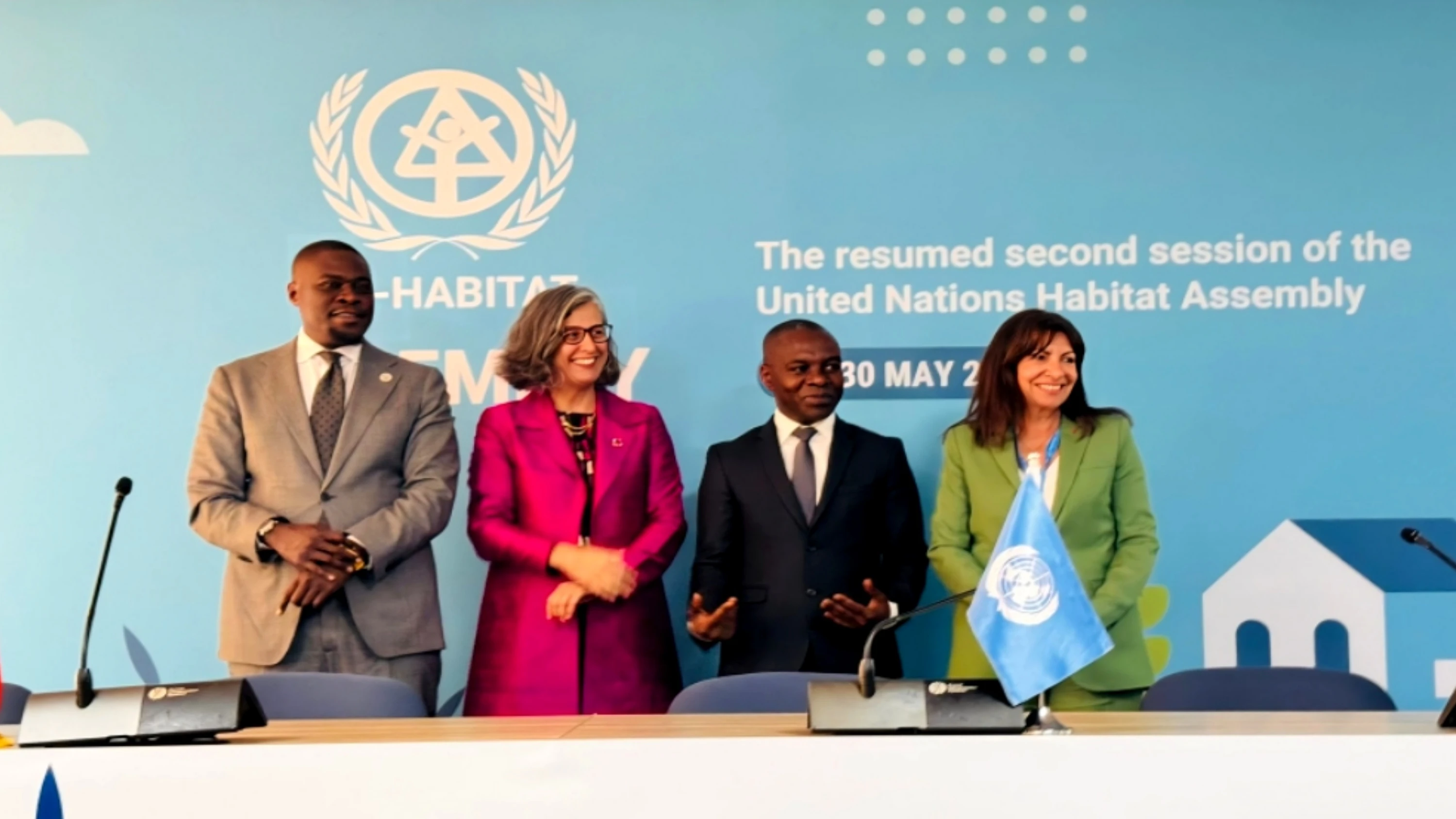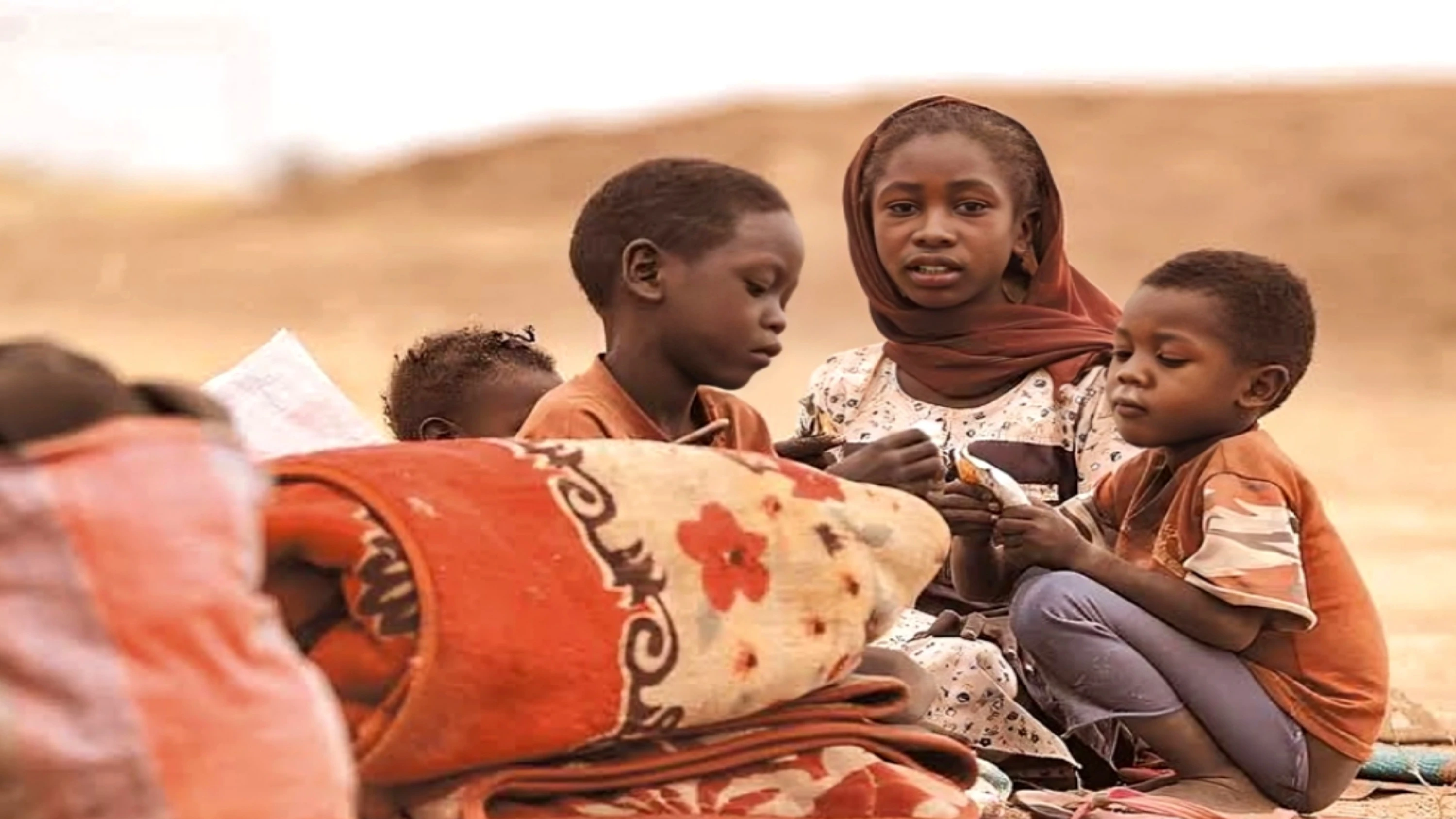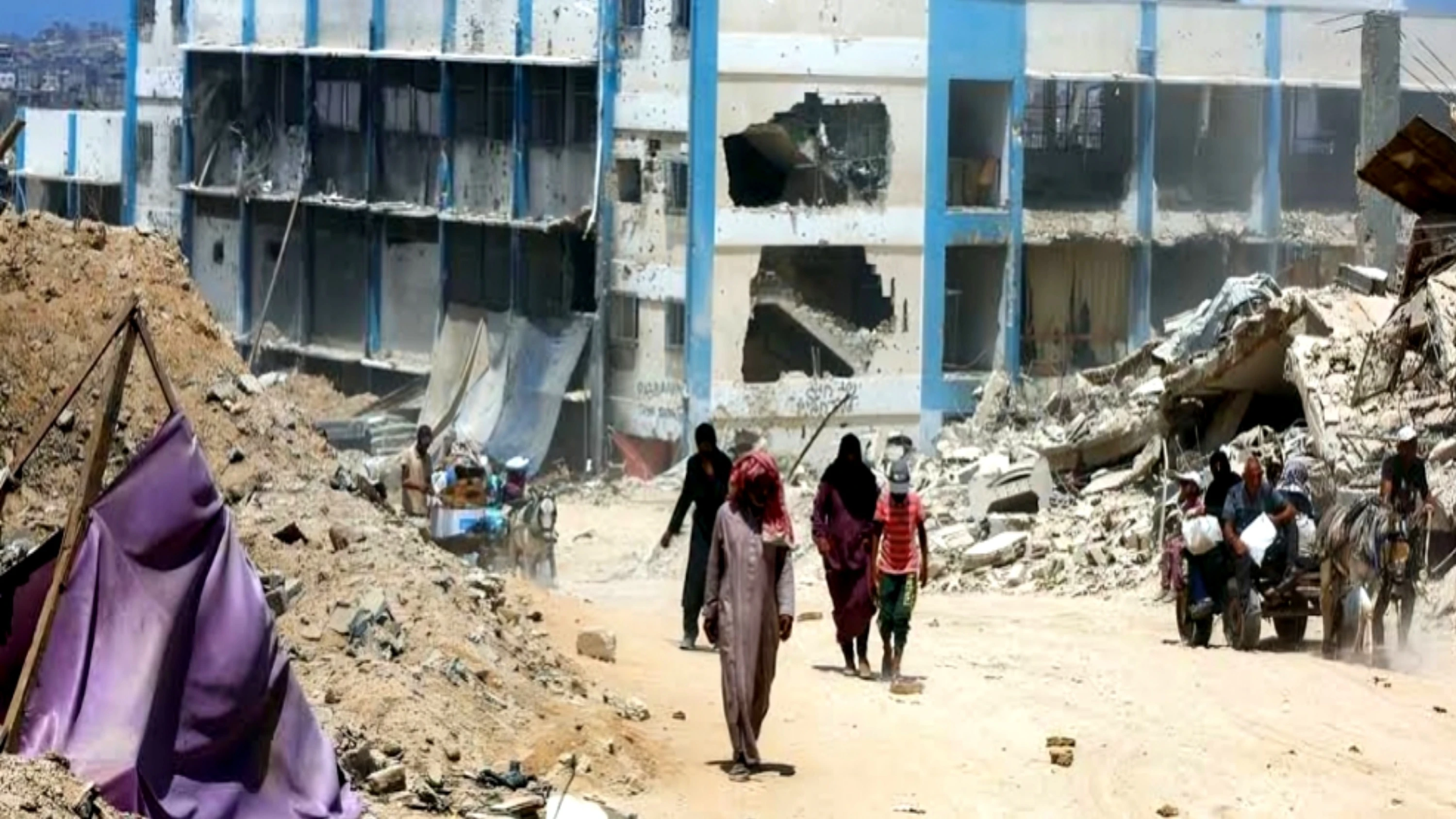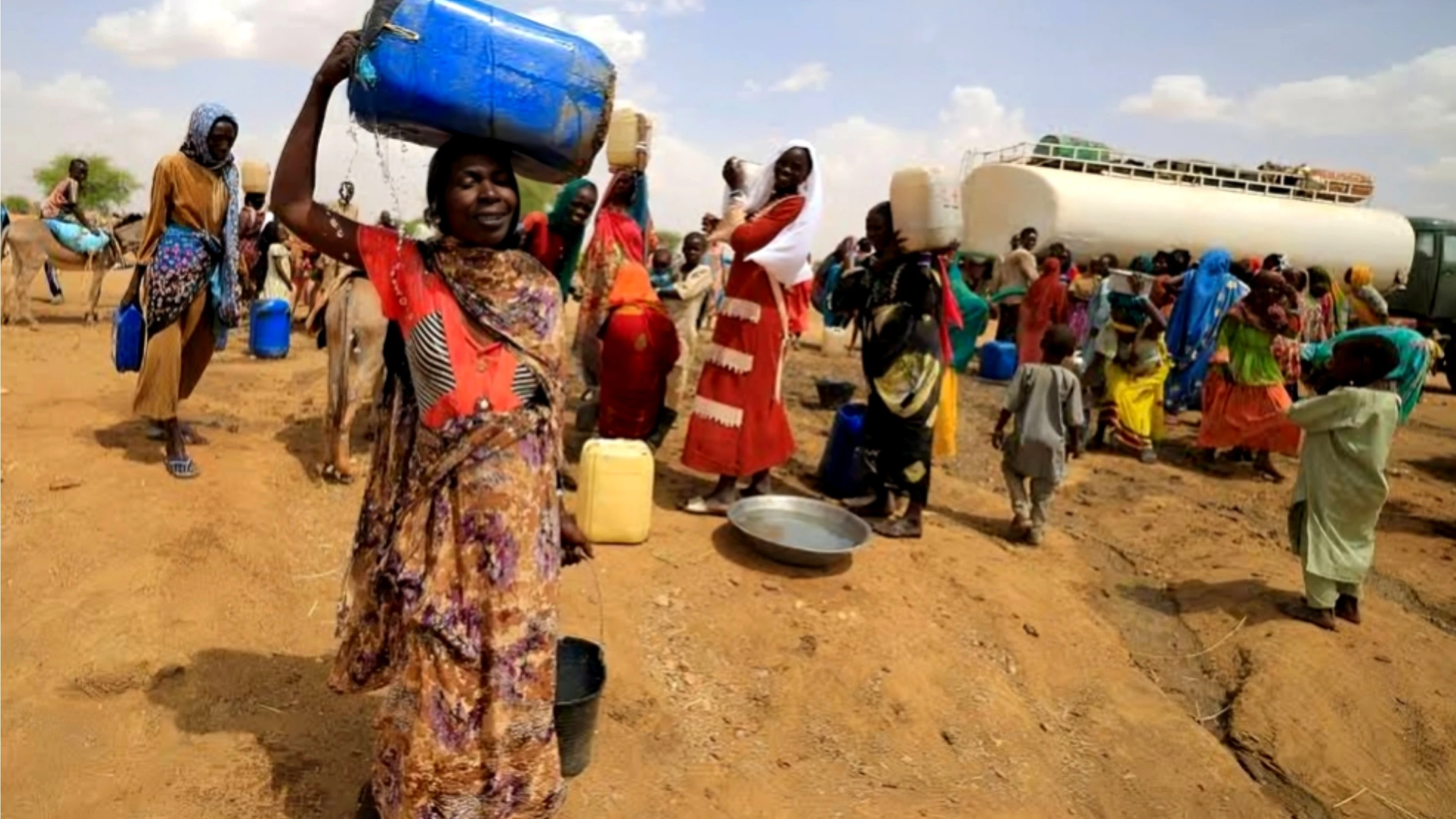Nairobi: A staggering 2.8 billion people around the world are living without access to adequate housing, secure land, and essential water and sanitation services, according to UN-Habitat. This figure represents roughly 40% of the global population, highlighting a deepening global housing crisis.
Of these, more than 1.12 billion people reside in slums or informal settlements, while another 300 million are completely homeless, lacking any form of permanent shelter. The crisis is most severe in rapidly urbanising regions, especially in Africa and the Asia-Pacific, where infrastructure and housing development are falling far behind urban growth.
In Africa, around 62% of urban dwellings are considered informal. In Asia-Pacific, over 500 million people lack basic water services, and more than a billion have no access to adequate sanitation.
With the escalating impacts of climate change, communities living in inadequate or informal housing are increasingly vulnerable to extreme weather events, rising temperatures, and water shortages.
Recognising the urgency of the situation, global delegates convened in Nairobi this week for the second session of the UN-Habitat Assembly. The summit, which runs through 30 May, is focused on developing sustainable strategies to address the crisis and support equitable urban development.
“This Assembly represents the highest global platform for normative discussions on sustainable urbanisation and human settlements,” said UN-Habitat Executive Director Anacláudia Rossbach. “It is a moment of collective reflection, renewed political will and forging consensus for the future we seek for our cities and communities.”
A key outcome expected from the gathering is the adoption of the UN-Habitat Strategic Plan for 2026–2029. The plan focuses on expanding access to adequate housing, secure land tenure, and essential services, alongside upgrading informal settlements.
It is structured around three main pillars: promoting inclusive prosperity, strengthening preparedness and recovery in urban areas, and advancing climate resilience. The plan also underscores the importance of coordinated efforts with other UN bodies to meet shared development goals.
As the Assembly concludes, stakeholders hope the strategies agreed upon will accelerate progress toward the Sustainable Development Goals and deliver tangible improvements for the billions currently left behind.








